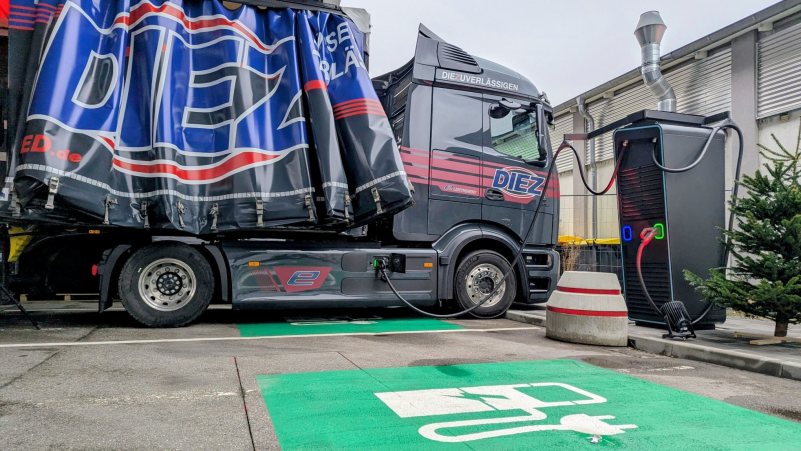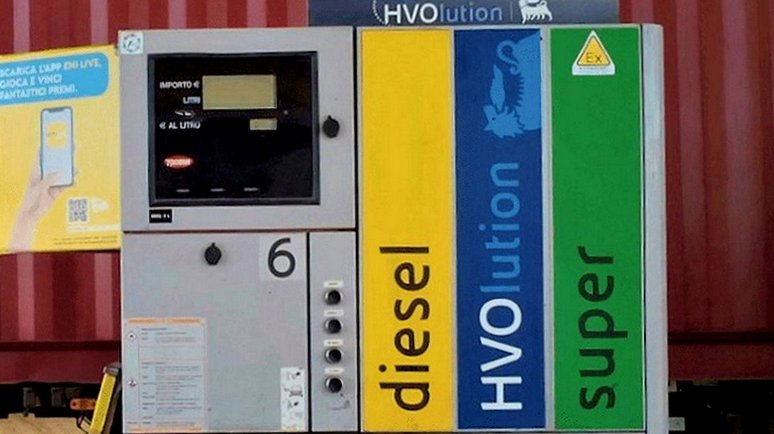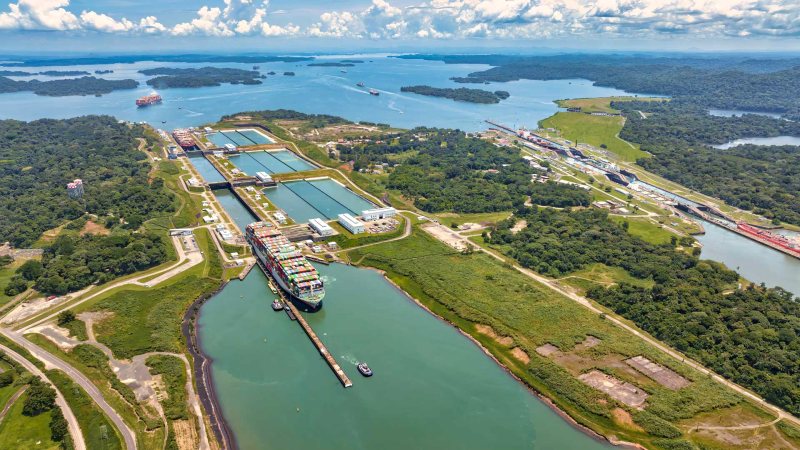On October 11, 2024, Boeing issued a statement to employees announcing a ten percent workforce reduction (equivalent to approximately 17,000 positions) over the coming months, explaining that "our business is in a difficult position, and it is hard to overstate the challenges we face together." The company said these changes are "structural adjustments to ensure we can remain competitive and deliver for our customers over the long term." The cuts will affect executives, managers, and employees, leading to a downsizing of production models.
In the freight sector, this means the end of B767 Freighter production by 2027, with Boeing only building those already ordered. In the passenger segment, the U.S. manufacturer announced delays in B777X deliveries due to "the challenges we have faced in development, as well as the pause in flight testing and the interruption of ongoing work." The first delivery is now scheduled for 2026.
Boeing is going through a significant crisis, driven by technical issues with its aircraft, an extended staff strike, and financial difficulties. The main technical setbacks involve the B737 Max 9, prompting the U.S. Federal Aviation Administration (FAA) to impose certain restrictions on its production. Additionally, Boeing has pleaded guilty to criminal fraud related to the 737 Max crashes in 2018 and 2019.
The employee strike began on September 13, 2024, and is still ongoing. An estimated 33,000 workers are on strike, and unions held a rally in Seattle, the company's headquarters, on October 16 to demand a better labor agreement. Negotiations broke down when Boeing withdrew its offer of a 30% wage increase spread over four years, and the decision to cut the workforce is expected to increase tensions further.
Boeing is also struggling financially, seeking to raise up to $35 billion through stock and debt offerings ($25 billion) and agreements with banks for an additional $10 billion. Moreover, the company faces a debt maturity of $11.5 billion in February 2026.






































































